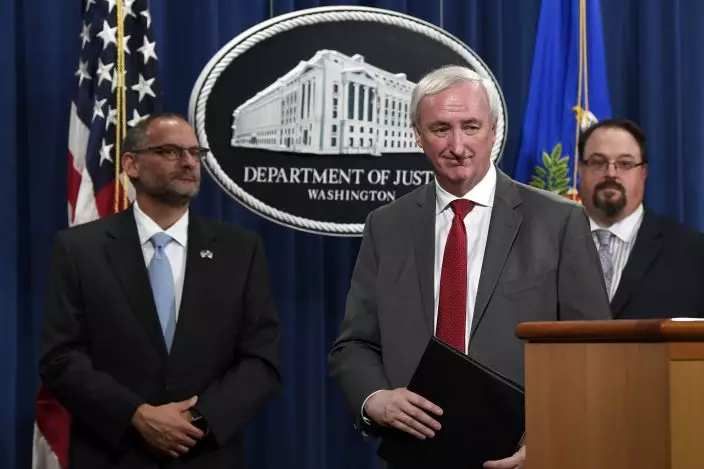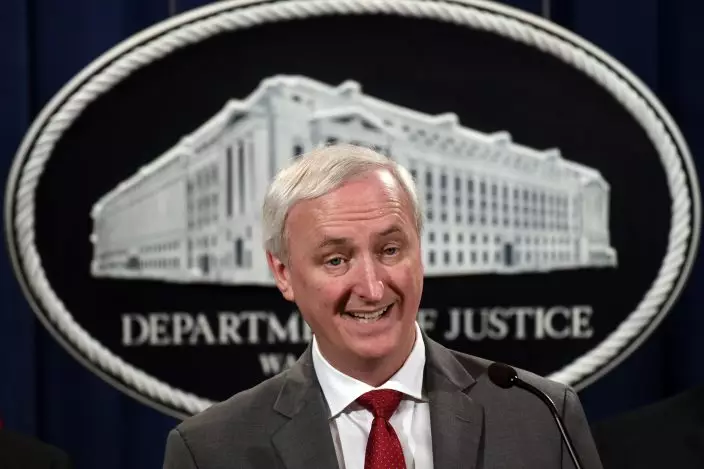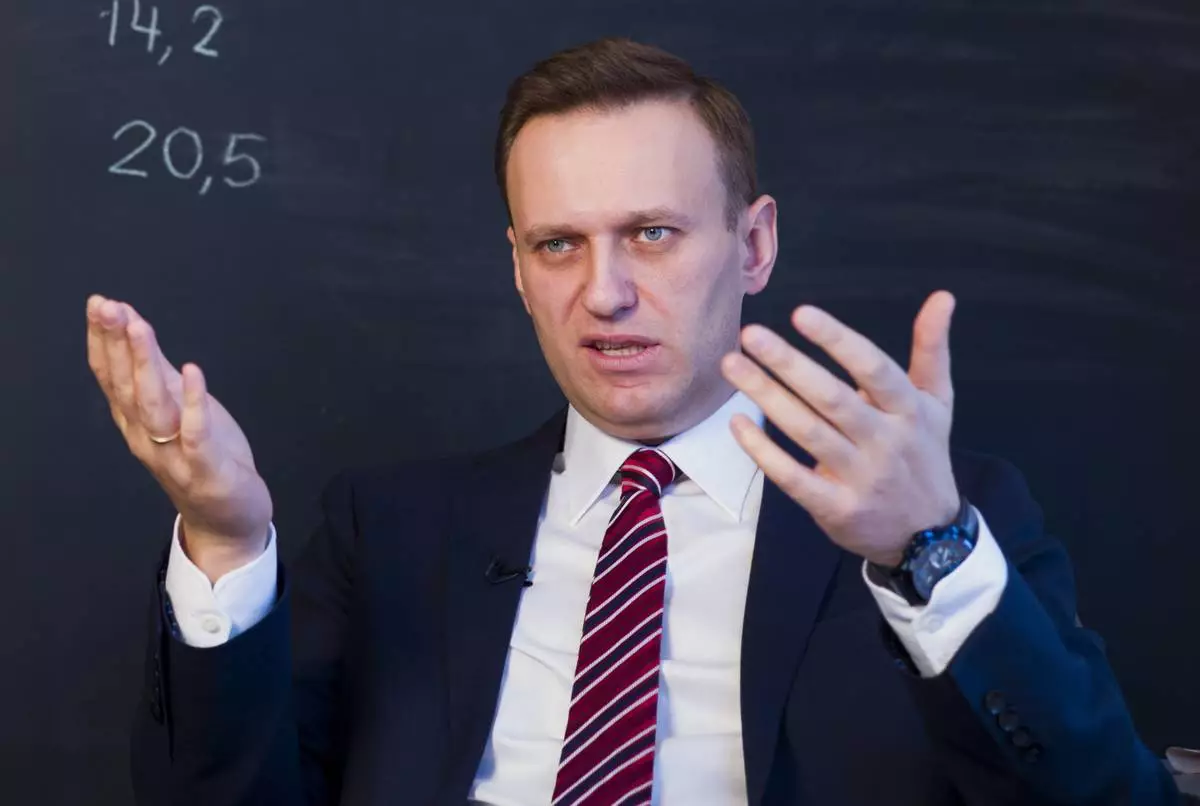More than 3,100 federal inmates are being released by the Bureau of Prisons as part of a criminal justice overhaul signed into law last year.
Deputy Attorney General Jeffrey Rosen says the inmates will be released Friday from federal prisons and halfway houses across the country.
The overhaul known as the First Step Act gives judges more discretion in sentencing, eases mandatory minimum sentences and encourages inmates to participate in programs aimed at reducing recidivism.

Deputy Attorney General Jeffrey Rosen, center, flanked by Hugh Hurwitz, left, the acting director of the Bureau of Prisons, and David Muhlhausen, director of the National Institute of Justice, listen as a reporter asks a question during a news conference at the Justice Department in Washington, Friday, July 19, 2019, on developments in the implementation of the First Step Act. About 2,200 federal inmates will be released by the federal Bureau of Prisons under the criminal justice reform measure signed into law last year by President Donald Trump. (AP PhotoSusan Walsh)
The Justice Department has released a risk and needs assessment tool that's intended to measure a prisoner's likelihood of committing new crimes.

Deputy Attorney General Jeffrey Rosen speaks during a news conference at the Justice Department in Washington, Friday, July 19, 2019, on developments in the implementation of the First Step Act. About 2,200 federal inmates will be released by the federal Bureau of Prisons under the criminal justice reform measure signed into law last year by President Donald Trump. (AP PhotoSusan Walsh)
WASHINGTON (AP) — U.S. intelligence officials have determined that Russian President Vladimir Putin likely didn’t order the death of imprisoned opposition leader Alexei Navalny in February, according to an official familiar with the determination.
While U.S. officials believe Putin was ultimately responsible for the death of Navalny, who endured brutal conditions during his confinement, the intelligence community has found “no smoking gun” that Putin was aware of the timing of Navalny's death — which came soon before the Russian president's reelection — or directly ordered it, according to the official.
The official spoke on the condition of anonymity to discuss the sensitive matter.
Soon after Navalny’s death, U.S. President Joe Biden said Putin was ultimately responsible but did not accuse the Russian president of directly ordering it.
At the time, Biden said the U.S. did not know exactly what had happened to Navalny but that “there is no doubt” that his death “was the consequence of something that Putin and his thugs did.”
Navalny, 47, Russia’s best-known opposition politician and Putin’s most persistent foe, died Feb. 16 in a remote penal colony above the Arctic Circle while serving a 19-year sentence on extremism charges that he rejected as politically motivated.
He had been behind bars since January 2021 after returning to Russia from Germany, where he had been recovering from nerve-agent poisoning that he blamed on the Kremlin.
Russian officials have said only that Navalny died of natural causes and have vehemently denied involvement both in the poisoning and in his death.
In March, a month after Navalny’s death, Putin won a landslide reelection for a fifth term, an outcome that was never in doubt.
The Wall Street Journal first reported about the U.S. intelligence determination.

FILE - Russian opposition politician Alexei Navalny gestures while speaking during his interview to the Associated Press in Moscow, Russia on Dec. 18, 2017. U.S. intelligence officials have determined that Russian President Vladimir Putin likely didn't order the death of Navalny, the imprisoned opposition leader, in February of 2024. An official says the U.S. intelligence community has found "no smoking gun" that Putin was aware of the timing of Navalny's death or directly ordered it. (AP Photo/Alexander Zemlianichenko, File)












